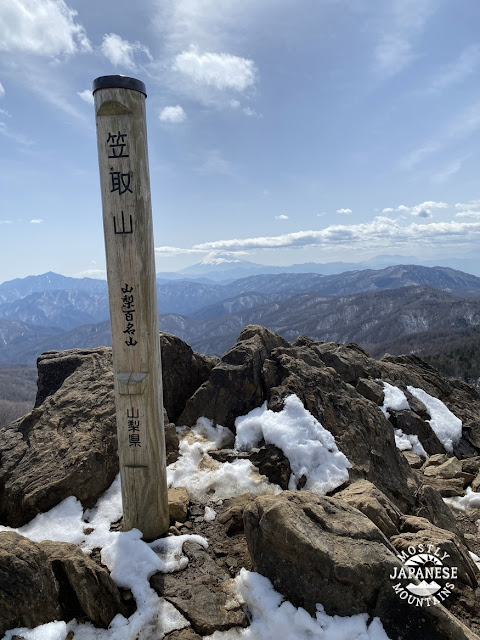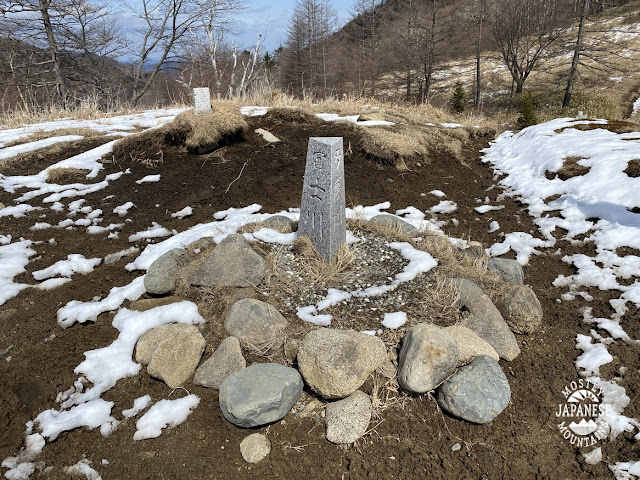OK, I didn't really need a license because I didn't do any hunting in the conventional sense of the word. I did do some trophy hunting today though.
This guy
Astute readers of this blog (which is probably my wife and no one else) will recall that I came across a deer carcass the other day. It had been dead about three weeks and was nearly picked clean. I wanted the antlers but couldn't detach them as the only tool I had with me was a jackknife.
I went back today with a tool worthy of the challenge. I brought my Japanese-made titanium-ceramic knife with a serrated blade. It really is a glorious instrument.
It took about 20 minutes to cut the antlers off and I was a little worried my glorious Japanese-made titanium-ceramic knife with a serrated blade might not actually be up to the task. It was much more difficult than I thought it would be and the knife is now trashed. It may sound morbid, but it made me reflect a bit on the amputation of human limbs. I'll bet the doctors in the US Civil War had massive forearms.
Here is the result of my labors:







I hope this isn't the 3rd time you're getting this. I keep hitting the wrong button on my smartphone. Your mentioning the "medical care" the Civil War soldiers had to survive (and many didn't) reminded me of the origin of the idiom "bite the bullet". They'd literally give the soon-to-be amputee a bullet to gnash his teeth on while they were sawing off the wounded limb. I guess those who were wounded "lightly" enough to have a choice would decide to take their chances with gangrene rather than head to the medical tents. War was even more hell back then. Sigh.....
ReplyDeleteHard core.
ReplyDeleteThere, I think I posted correctly this time! To end on a much happier note than the post I just sent, Makiko and I again were hiking (or driving?🤔) somewhere where we came across the watershed for I think it was what ended up being the Mississippi, Colorado and Columbia (?) Rivers. In other words, like the marker you saw here, a couple cm either way could determine whether a given raindrop would flow east, west, or north and end up in the Atlantic, Pacific or Arctic Ocean. As we looked at this, we were thinking that God is very cool :)
ReplyDeleteI thought it was so cool to come across that marker. I have officially traveled the Tamagawa River from beginning to end. It is a pretty neat thing to contemplate how just a little deviation in something's origins makes all the difference with where it ends up later.
DeleteI wish I could figure out how to edit the colors of these comments so they will stand out better.